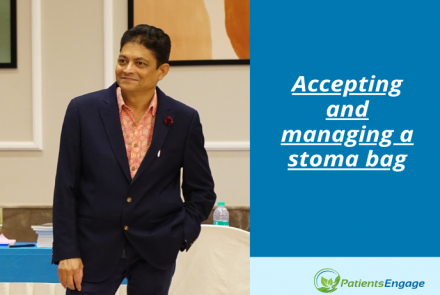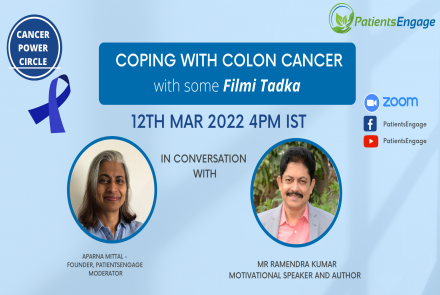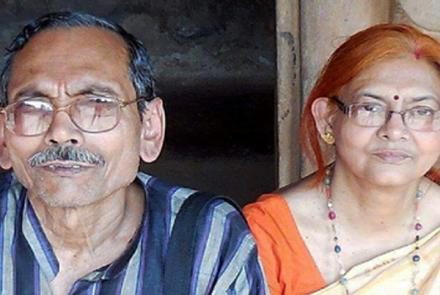
Colorectal cancer is a cancer that develops from uncontrolled cell division of the inner lining of the large intestine (colon and rectum). Globally, colorectal cancer is the 3rd most common cancer in men and 2nd most common cancer in women. Colorectal cancer is more common in developed nations such as the United States and less common in developing nations. However, incidences of colorectal cancer are increasing in Asian countries due to change in dietary habits and lifestyle.
Most cases of colorectal cancer begin as small non-cancerous cluster of cells called adenomatous polyp. Over time, these polyps become malignant and cause colorectal cancer. Colon cancers are more common on the left side of the large intestine. If diagnosed early, it can be cured, so regular screening (from the age of 50 if you have no risk factors) is important.
Anatomy of the large intestine
The large intestine is a part of the gastrointestinal tract (digestive system). It includes the cecum, colon (ascending, transverse, descending and sigmoid), rectum and the anal canal. The large intestine is a tube-like structure that looks like a garden hose. It has four layers. The first layer of cells that line the cavity of the tube is called mucosa. The second layer is called submucosa and the next is a layer of muscles. The entire tube is surrounded by fibrous tissue called serosa.
Most of the digestion and absorption of food happens in the small intestine. The function of the large intestine is to absorb water from the remaining indigestible food matter, absorb vitamins such as vitamin K, B12, riboflavin, provide a location for flora-aided fermentation and pass useless waste material out of the body through the anus.

















